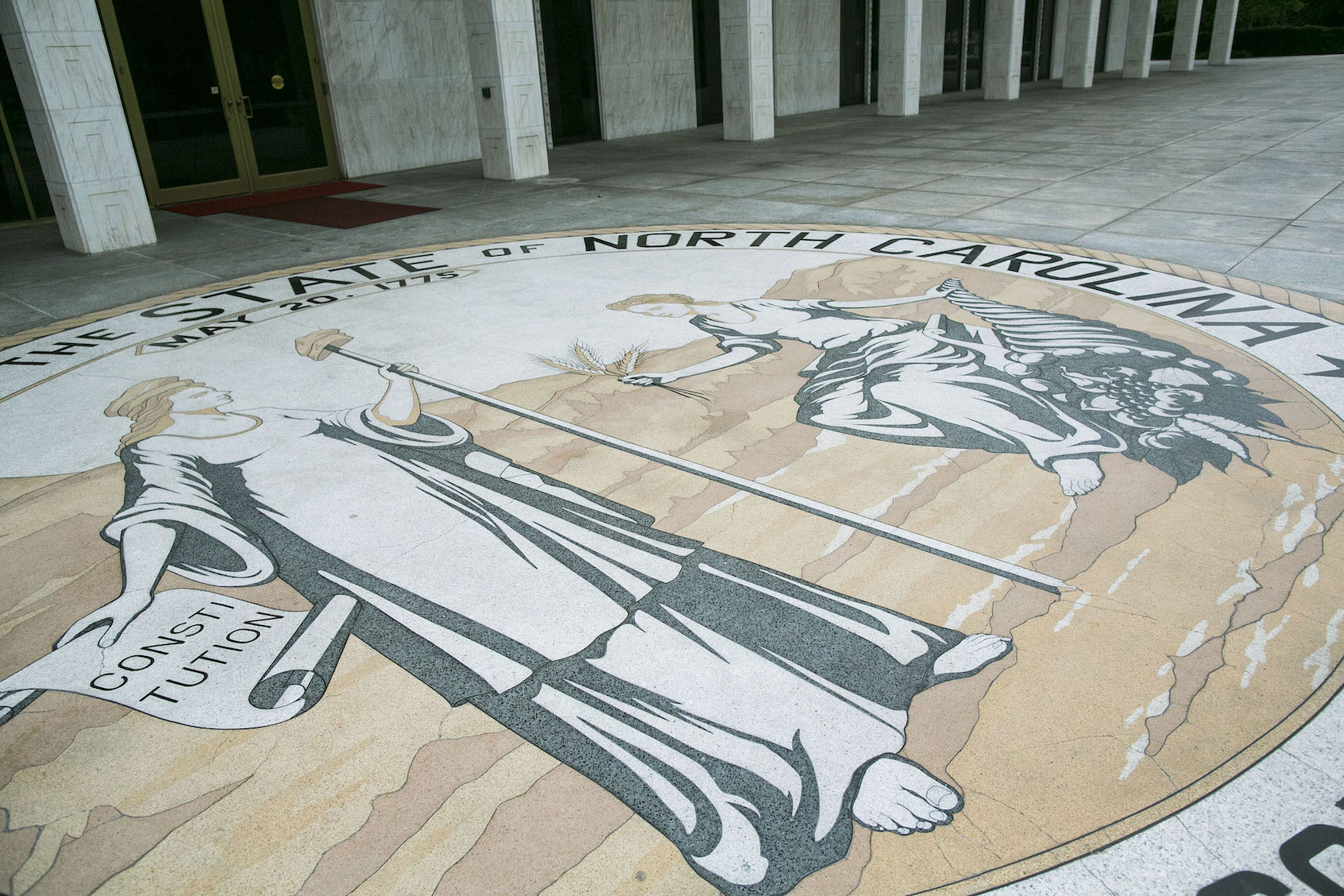In early 2023, North Carolina’s Supreme Court, under the leadership of Chief Justice Paul Newby, made a pivotal decision that has significantly altered the political landscape of the state. After a 2022 ruling by a Democratic-majority court that deemed partisan gerrymandering unconstitutional, the newly Republican-dominated court, following the swearing in of two new justices, agreed to revisit this contentious issue. This move allowed Republican lawmakers to redraw electoral maps, enabling them to gain a substantial advantage before the crucial 2024 election.
The 2022 ruling had mandated that independent authorities redraw electoral districts previously manipulated to favor Republican candidates. The swift action taken by Newby and his colleagues to overturn this decision is notable—historically, the court has only granted rehearings in rare cases. Critics of the decision, including Jeff Loperfido, chief counsel for voting rights at the Southern Coalition for Social Justice, expressed disbelief that the court could revisit its earlier ruling so soon after it was made.
Newby, who was elected in 2004, has transformed the North Carolina Supreme Court from a relatively moderate body to a partisan battleground. His approach has raised concerns regarding the politicization of the judiciary, as he has championed initiatives that align with Republican interests, undermining the court’s traditional role as an impartial arbiter of justice. Critics argue that under his leadership, the court has eroded the principles of judicial independence and fairness that are central to its mandate.
Political Maneuvers and Judicial Reforms
During his tenure, Newby has actively worked to shape the court system according to his political views. He has advocated for changes that make judicial races explicitly partisan, dismantling public financing mechanisms that previously served to limit the influence of money in judicial campaigns. This shift has resulted in fierce electoral contests characterized by high spending and aggressive tactics, contributing to a polarized judicial environment.
Former justices and legal experts have observed that Newby’s actions resemble those of a political operator rather than an independent jurist. His connections extend into the legislative branch, where he has engaged with Republican lawmakers to influence judicial policies. For instance, North Carolina’s legislature passed measures that diminished gubernatorial powers, with Newby’s court frequently siding with these changes, which have been perceived as an attempt to consolidate Republican control over state governance.
The Judicial Standards Commission, which oversees judicial conduct, has also come under Newby’s influence. Legislative changes introduced under his direction have led to a more opaque oversight process, raising questions about accountability and transparency in the judicial system. Critics have pointed out that this has created an environment where judges may feel pressured to align with Newby’s political beliefs or risk facing repercussions.
Impact on North Carolina’s Political Landscape
The implications of Newby’s actions extend beyond the courtroom, shaping the trajectory of North Carolina’s political landscape. His efforts to redraw electoral maps have contributed to a significant shift in congressional representation, with the state sending 10 Republicans and 4 Democrats to Congress in the wake of the new districting, a change that helped the GOP regain control of the U.S. House of Representatives.
As a staunch advocate for what he refers to as “biblical justice,” Newby has gained both supporters and detractors. Some conservative figures view him as a champion of traditional values and a necessary corrective to what they perceive as liberal overreach. However, others, including former judges and legal scholars, warn that his leadership has undermined the integrity of the judicial system, transforming it into a tool for political gain rather than a forum for impartial justice.
Newby’s tenure has also highlighted broader trends in American jurisprudence, particularly the increasing politicization of state courts. His approach mirrors a national movement where conservative groups have invested heavily in reshaping judicial systems to reflect their ideological priorities. As North Carolina becomes a case study in this transformation, the potential consequences for judicial independence and public trust in the legal system are significant.
As Newby nears the end of his term, the legacy he leaves behind will likely continue to influence North Carolina’s judicial and political landscape for years to come. The ongoing struggle between judicial independence and political influence raises critical questions about the future of governance and justice in the state and beyond.







